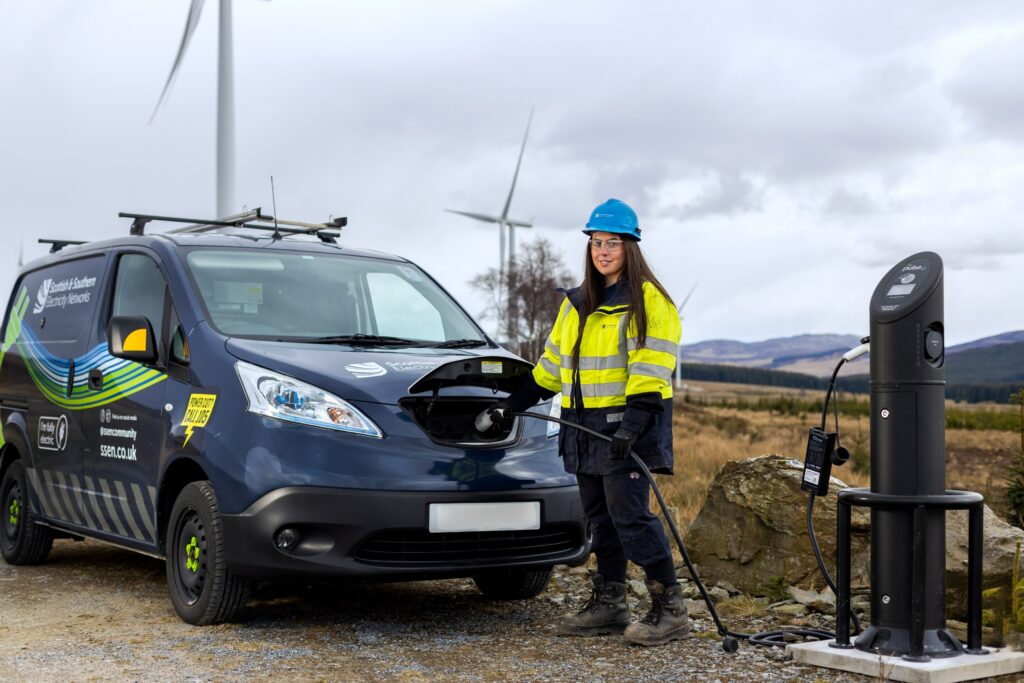Scottish and Southern Electricity Networks (SSEN) Distribution has set out “innovative solutions” to support electric vehicle (EV) infrastructure on the Isle of Wight in a new study.
It forms part of the distribution network operator’s E-Tourism project, which used popular tourist attractions in the Isle of Wight, such as the Needles, to identify potential complications and offer solutions.
The destinations chosen for the project receive a large number of seasonal visitors but are frequently located at the ‘grid-edge’ where electrical demand has traditionally been low. The project aims to understand the impact of this seasonal electricity demand as an increasingly high number of visitors begin using EVs.
As network reinforcement could be time consuming and costly, the project considered the following alternate solutions: smart charging; local generation; energy storage; combined generation and storage; and novel EV charging options including valet and ticket charging.
SSEN’s innovation project manager, Simon O’Loughlin said: “We anticipate the numbers of EVs on our roads will increase twenty-fold by 2030, so we are working hard to identify the timings and locations for those charging requirements and how our network can best support them. Reinforcing the network is not necessarily the most cost-effective option for demand that fluctuates with the seasons.”
Although smart charging is a cost-effective option for vehicles parked for longer periods of time it would be impractical for shorter stays. The study considered combining energy generation and storage as an alternative, in addition to novel services including ‘park, charge and ride’, which allows visitors to leave their EV at a charging site and be transported to their destination using public transport.
“Our E-Tourism project offers a useful toolkit for any local authorities or communities that are planning their charging infrastructure and we hope will help deliver a net zero transition cost effectively, right across the UK,” added O’Loughlin.
The most recent EV charging statistics published by Zap-Map showed that 1,507 new public chargers had been added in November increasing the UK’s total to 36,752. However, the shortage of EV chargepoints in rural parts of the UK still raises concerns for prospective EV buyers.






